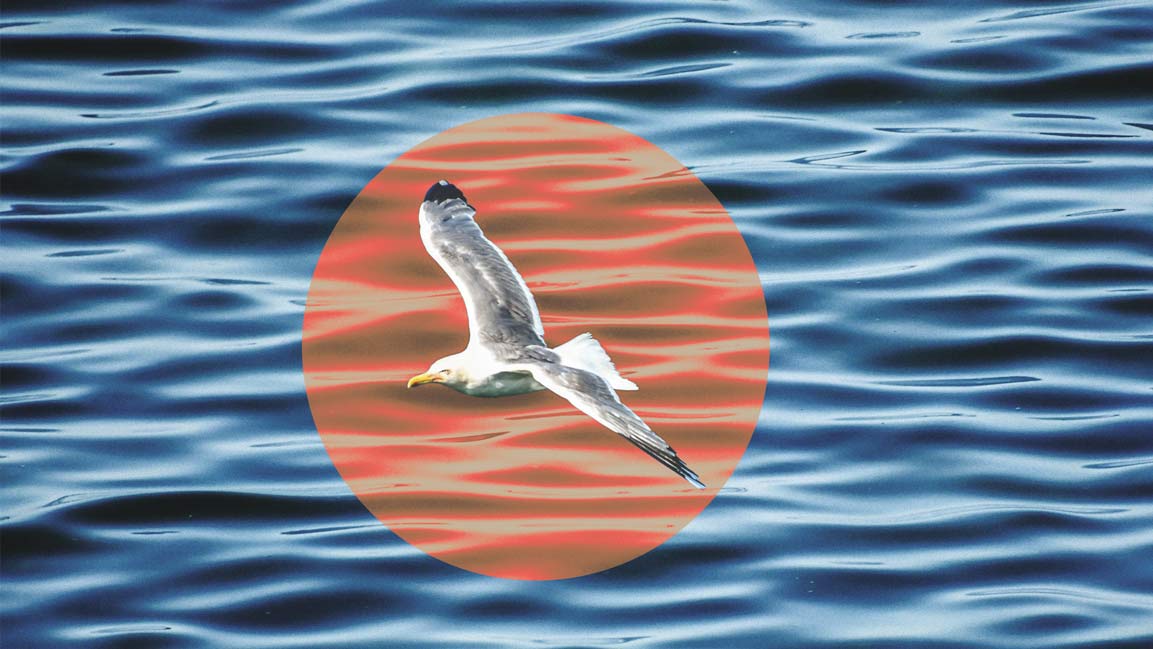- | 11:00 am
Sharjah leads first Middle East study on seabird ingestion of marine waste
The study analyzed 478 deceased seabirds from 17 species along the Arabian Gulf and Gulf of Oman.

As the world marks World Environment Day, the Emirate of Sharjah has achieved a scientific breakthrough that highlights the growing threat of marine pollution to biodiversity. The Environment and Protected Areas Authority (EPAA) has announced the completion of the first study of its kind in the Middle East, focusing on seabirds’ ingestion of marine debris, microplastics, and oil residues.
The study, conducted under the Sharjah Strandings Response Program, has been published in the Marine Pollution Bulletin. It represents a pioneering step in understanding the silent but serious impact of pollution on coastal wildlife in the UAE and the wider region.
Hana Saif Al Suwaidi, Chairperson of the EPAA, stated, “This unprecedented scientific study in the region reaffirms our firm commitment to monitoring and documenting pressing environmental challenges, in line with the vision of His Highness Sheikh Dr. Sultan bin Mohammed Al Qasimi, Member of the Supreme Council and Ruler of Sharjah. It represents a pioneering scientific accomplishment at both national and regional levels, based on a rigorous methodology that supports the development of evidence-based conservation policies and establishes a reliable database for tracking long-term trends.”
She continued, “At the EPAA, we are committed to continuing these specialized research efforts in collaboration with local and international experts, to further strengthen Sharjah’s position as a regional hub for environmental and biodiversity studies.”
Al Suwaidi added that World Environment Day serves as “a global call to review environmental policies and enhance community-driven initiatives and green technologies aimed at protecting ecosystems.”
The study analyzed 478 deceased seabirds from 17 species along the Arabian Gulf and Gulf of Oman. Results showed that 12.8% had ingested pollutants, mostly plastic polymers, particularly polyethylene, and glass. Juvenile gulls were found to be more vulnerable than adults.
In a subsample, 77.8% of detected microplastics were microfibers, linking pollution to laundry wastewater. Oil residues and fishing hooks were identified as acute threats.
The EPAA’s Sharjah Strandings Response Program integrates research, rescue, and public awareness to support marine conservation and biodiversity.































